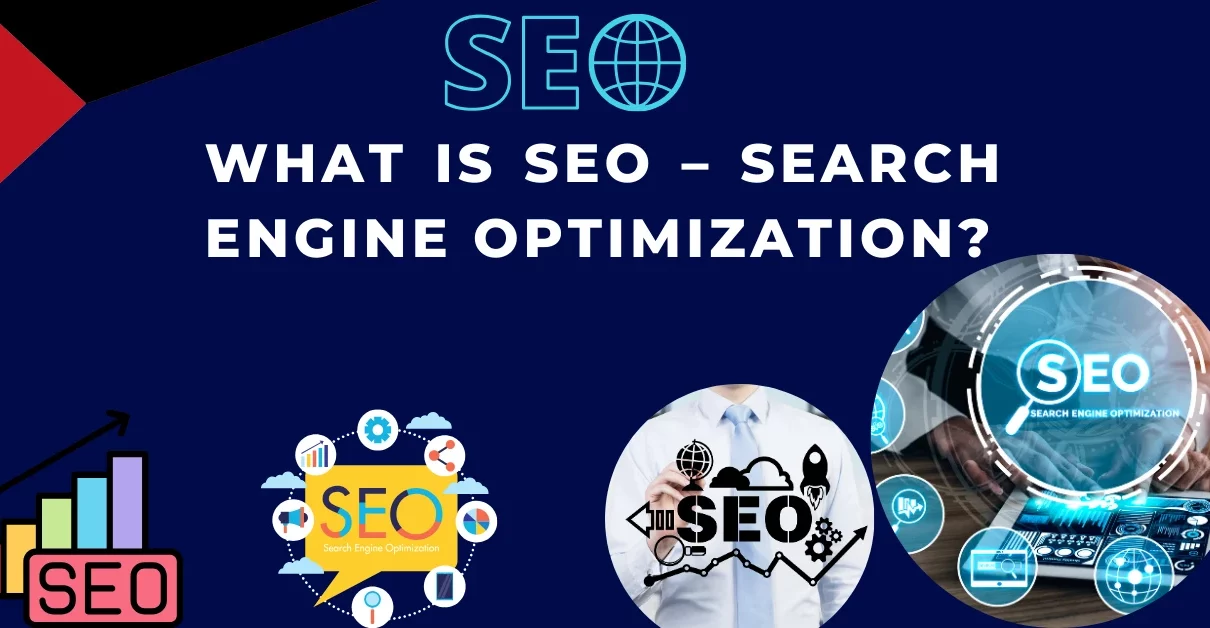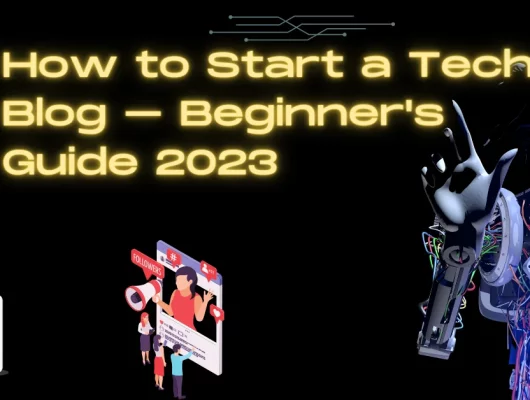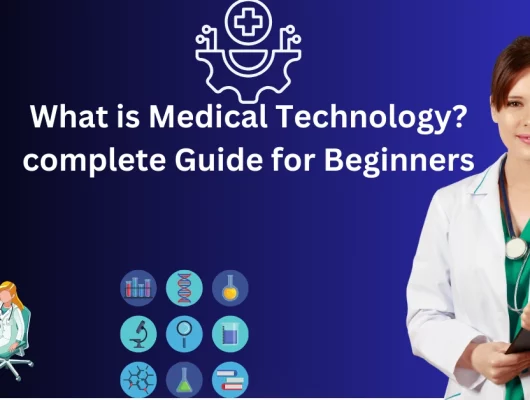SEO Search Engine Optimization, represents an intricate and multifaceted discipline within digital marketing that revolves around elevating a website’s visibility and ranking in the sacred echelons of search engine results pages (SERPs). This endeavor calls for the adroit implementation of various strategies and techniques, all in the service of making a website more appealing, not to humans, but to the scrutinizing algorithms of search engines such as Google, Bing, and Yahoo.
Guest posting is a digital marketing strategy where an individual writes content for another website. It’s vital for SEO, as it builds backlinks, increases online authority, and drives more traffic, ultimately boosting a site’s search engine rankings.
How Is SEO Different from SEM and PPC?
While SEO is an arena primarily concerned with organic and non-paid strategies aimed at improving a website’s visibility, Search Engine Marketing (SEM) takes a broader view. SEM encompasses both organic efforts (i.e., SEO) and paid advertising undertakings. Pay-Per-Click (PPC), conversely, is a specialized form of paid advertising where advertisers are billed a fee every time an individual clicks on their ad.
SEO Strategies: White Hat vs. Black Hat

The landscape of SEO strategies is divided into two principal approaches: White Hat and Black Hat.
White Hat SEO:
is characterized by its ethical, sustainable, and principled techniques. Adhering closely to search engine guidelines, this approach places a heavy emphasis on quality content, judicious keyword utilization, user-friendly website design, and the acquisition of high-quality backlinks from reputable sources.
Black Hat SEO:
conversely, employs manipulative and unethical tactics to yield rapid, albeit transient, results. Among the unsavory techniques used are keyword stuffing, the concealment of text, cloaking, and link farming. It is critical to note that engagement in Black Hat SEO often results in severe penalties from search engines.
Content
Central to the essence of SEO is the role played by high-quality content. This term encompasses a multifaceted spectrum of elements, ranging from textual content to visual and interactive components, all of which serve to furnish intrinsic value to the website’s target audience. Quality content is not only a magnet for visitors but also holds the power to captivate them, encouraging longer stays on a website, reducing bounce rates, and thus ameliorating overall rankings.
Types of SEO
The SEO domain is demarcated into three primary types:
On-Page SEO:
This form of SEO is intricately concerned with the meticulous optimization of individual web pages to secure higher rankings and attract more relevant traffic. Elements within its purview encompass meta tags, headings, content optimization, and URL structure.
Off-Page SEO:
Off-Page SEO involves activities conducted outside the website’s confines, all aimed at enhancing its online reputation. This chiefly involves the establishment of high-quality backlinks from reputable sources.
Technical SEO:
Technical SEO assumes the mantle of ensuring that search engines can methodically crawl and index a website. It encompasses diverse tasks, such as site speed optimization, mobile-friendliness, and the integration of schema markup.
Why Is SEO Important?

The pivotal role that SEO plays in the digital realm cannot be overstated. There are several key reasons that underscore the importance of SEO:
Increased Visibility:
Achieving higher rankings in SERPs bestows heightened visibility upon a website, increasing the likelihood of users discovering and engaging with it.
Enhanced User Experience:
SEO often necessitates the optimization of website structure, navigation, and content, resulting in a superior user experience.
Credibility and Trust:
Websites that secure premier positions in search results are perceived as more credible and trustworthy by users.
Cost-Effectiveness:
Organic traffic generated through SEO is, in essence, free. As such, it stands as a cost-effective long-term strategy when contrasted with paid advertising.
How Does SEO Work?
The mechanics of SEO are fundamentally grounded in the algorithms underpinning search engines. These algorithms represent intricate sets of rules governing the ranking of web pages. Parameters considered in these algorithms encompass relevance, authority, user experience, and the technical attributes of a website. In pursuit of improved rankings, SEO practitioners employ a multitude of techniques, encompassing keyword research, content optimization, link-building, and technical enhancements.
How to Learn SEO
For individuals intent on mastering SEO, there exists a multitude of learning pathways:
Online Courses and Tutorials:
Diverse online platforms, such as Coursera, Udemy, and Moz, offer an array of comprehensive SEO courses, catering to beginners and advanced practitioners alike.
Blogs and Forums:
Websites the likes of Moz, Search Engine Land, and forums such as Reddit’s r/SEO stand as excellent wellsprings of insights, offering both contemporary wisdom and timeless techniques.
Practical Experience:
Practical hands-on experience can serve as a valuable companion to theoretical knowledge. This may be obtained through personal projects or internships in the field of SEO.
Careers in SEO
The SEO realm unfurls a tapestry of potential career prospects, including:
SEO Specialist/Analyst:
Occupying the front lines of SEO strategy implementation and management, these professionals are tasked with refining organic search rankings.
Content Marketer:
These individuals are immersed in the creation and optimization of content for SEO purposes, serving as custodians of online visibility.
ld the reins of diverse digital marketing channels, encompassing SEO, SEM, and social media, and orchestrate harmonious campaigns.
Freelance SEO Consultant:
Offering specialized SEO services on a project basis, freelance
consultants navigate the complex world of SEO for their clients.
Conclusion
In the digital epoch, where search engines wield immense influence, the mastery of SEO emerges as an imperative for anyone seeking prominence in the digital space. The profound understanding of SEO, from the inception of content creation to the intricate world of technical optimization, confers empowerment upon individuals and enterprises, allowing them to flourish in the digital labyrinth.
FAQs
Q: Does SEO represent a one-time effort?
A: SEO is not a one-off endeavor but an ongoing process requiring sustained commitment and adaptability to evolving search engine algorithms.
Q: Can SEO and SEM coexist harmoniously for a website?
A: Indeed, the integration of both SEO and SEM can provide a holistic approach to digital marketing, blending organic and paid strategies for optimal results.
Q: Are there consequences for adopting Black Hat SEO tactics?
A: Yes, search engines exact penalties against websites that resort to Black Hat SEO techniques. Such penalties may entail reduced rankings or even expulsion from search results.
Q: How long does it take to witness tangible results from SEO endeavors?
A: The duration for witnessing substantial results from SEO is contingent on numerous factors, encompassing competition, industry, and the efficacy of the strategies in place. Typically, it takes several months to discern significant improvements in rankings.
Q: Is mobile optimization integral to SEO?
A: Mobile optimization is of paramount importance. Search engines prioritize mobile-friendly websites, and a substantial portion of web traffic emanates from mobile devices.







